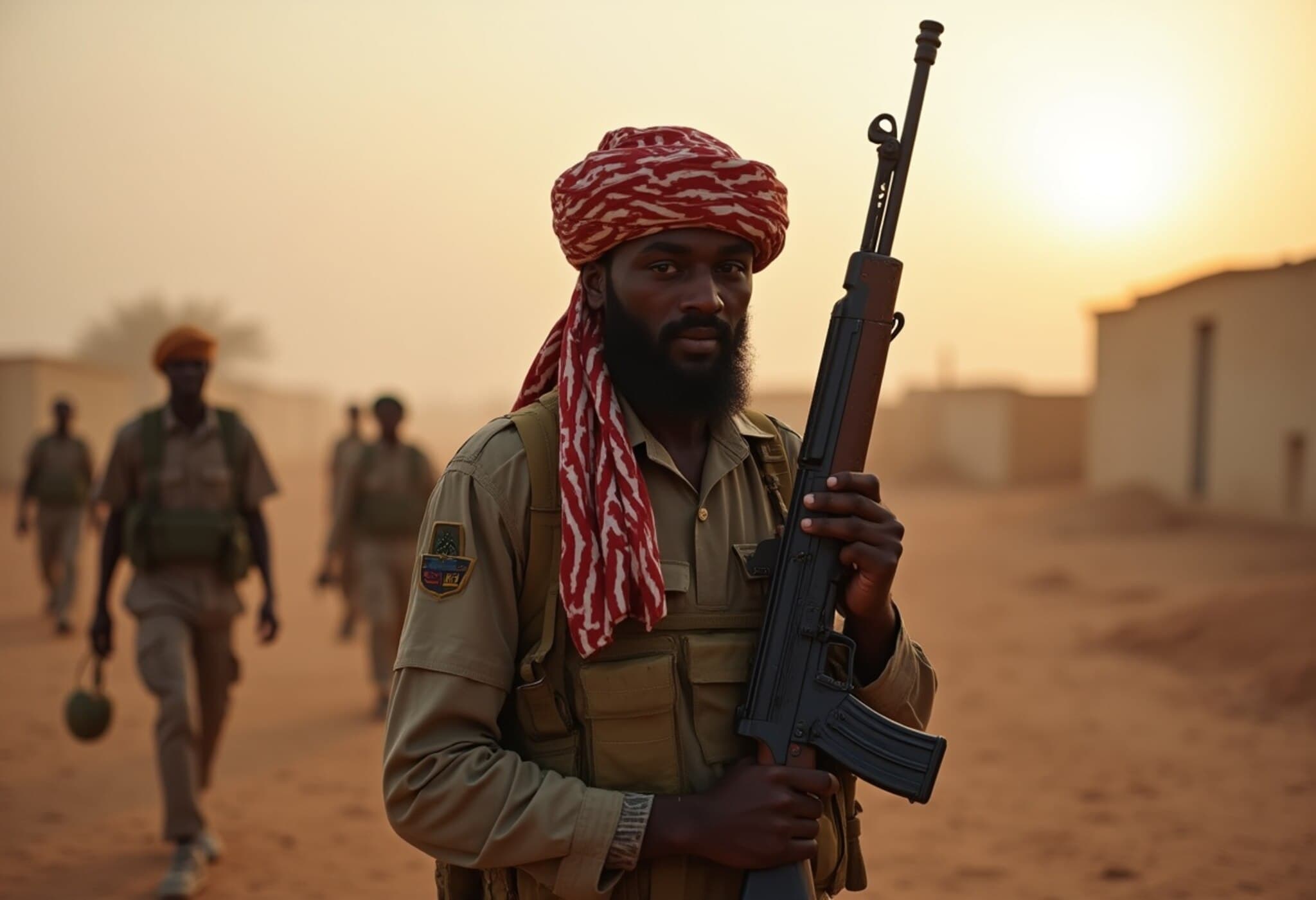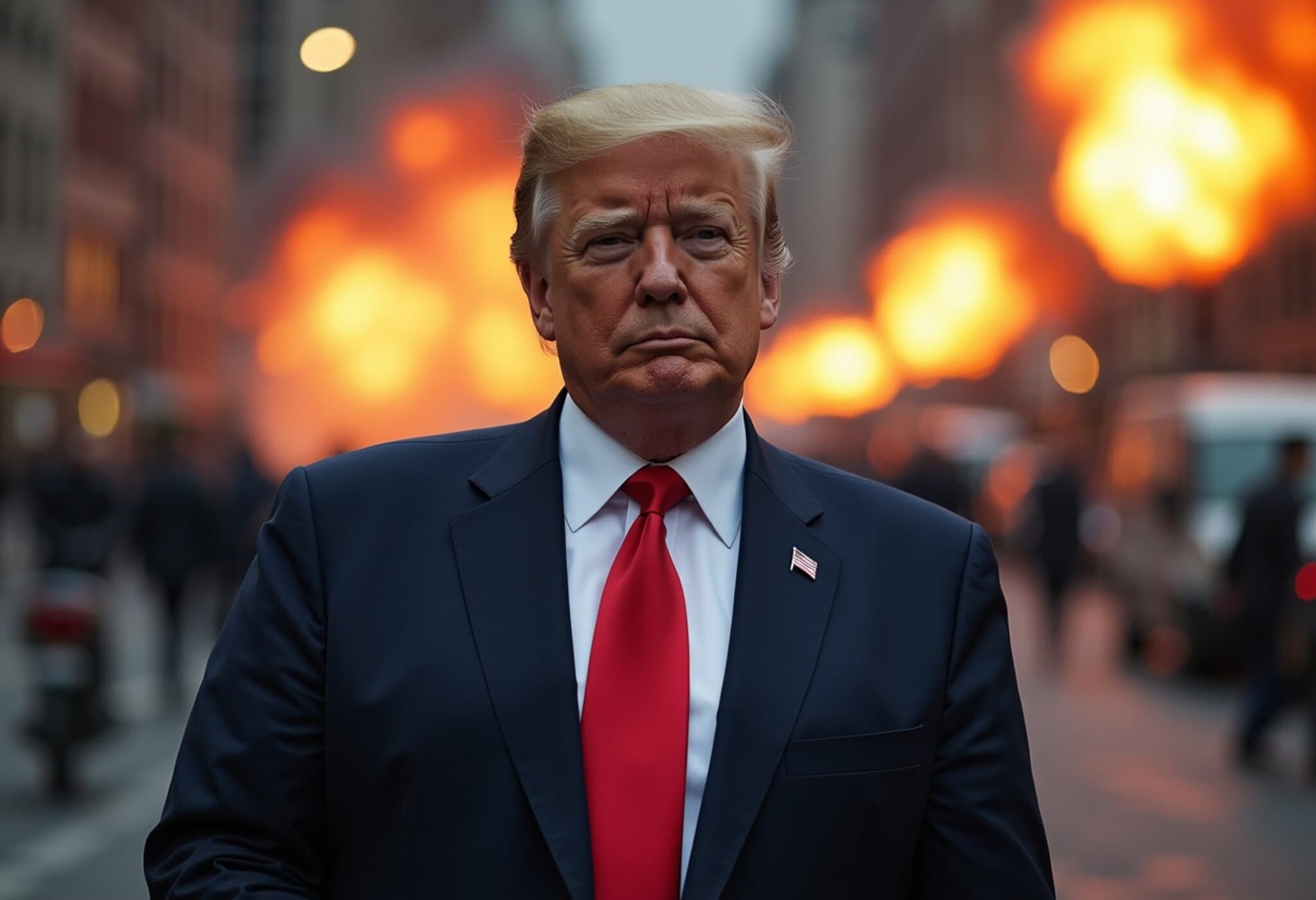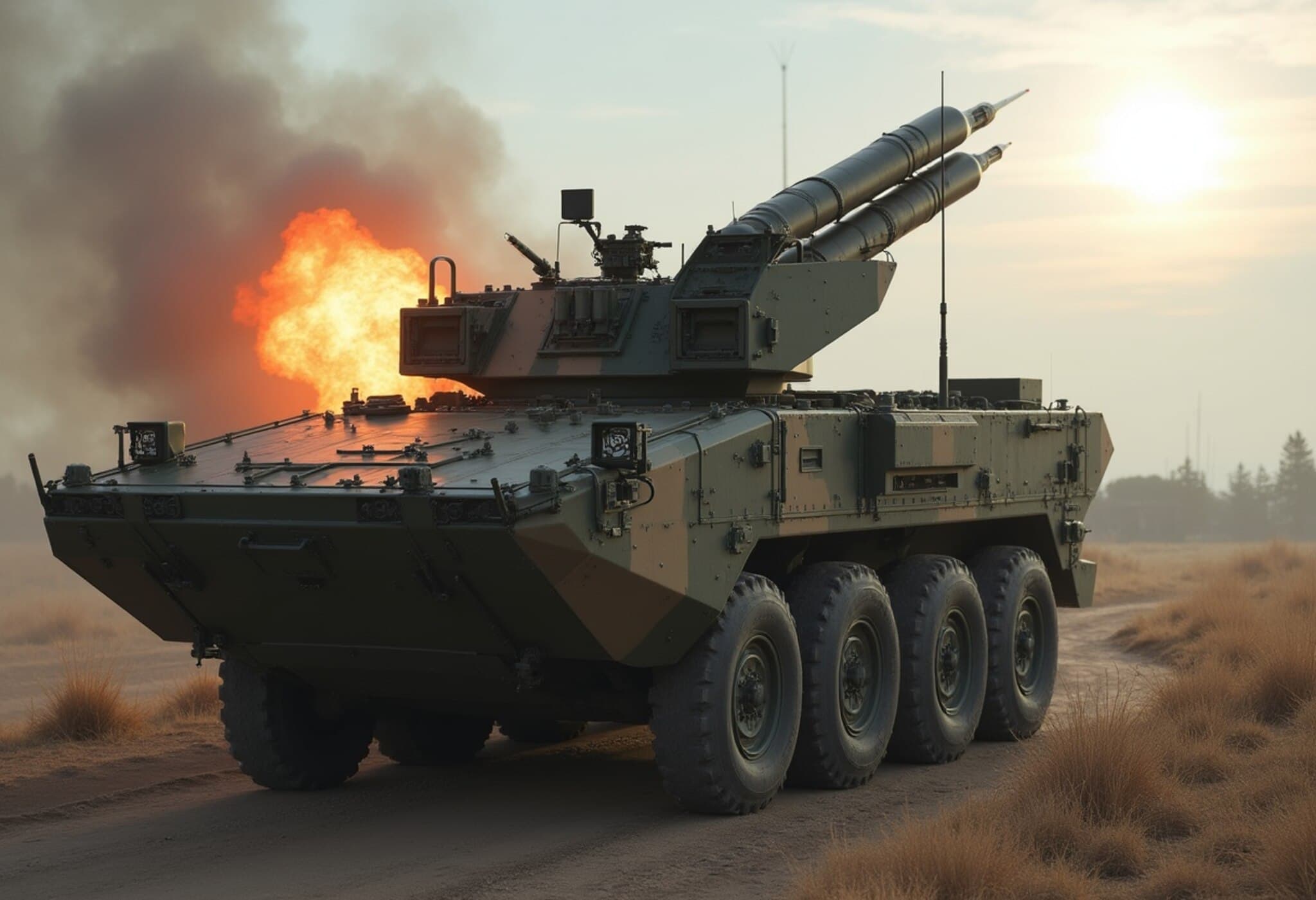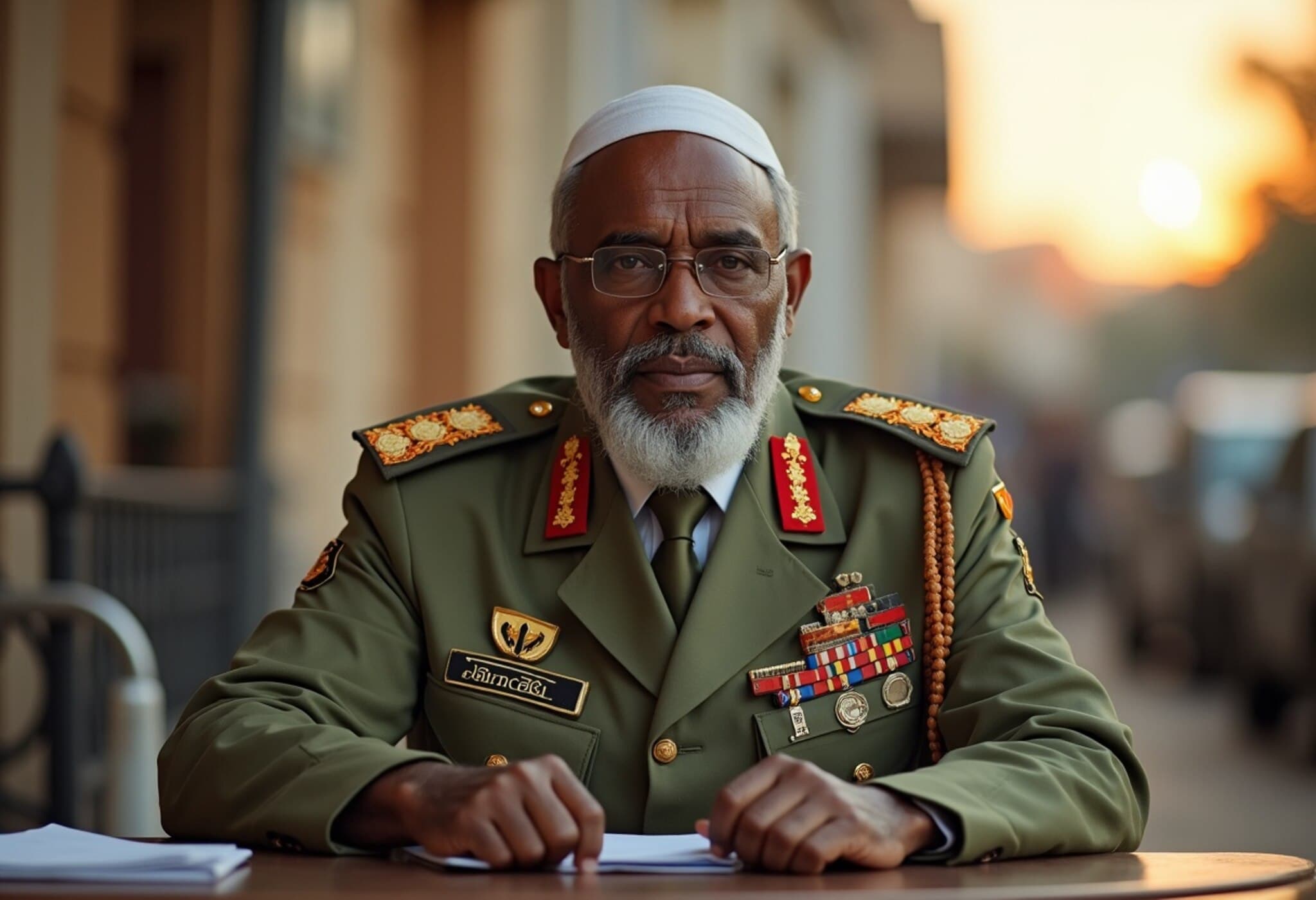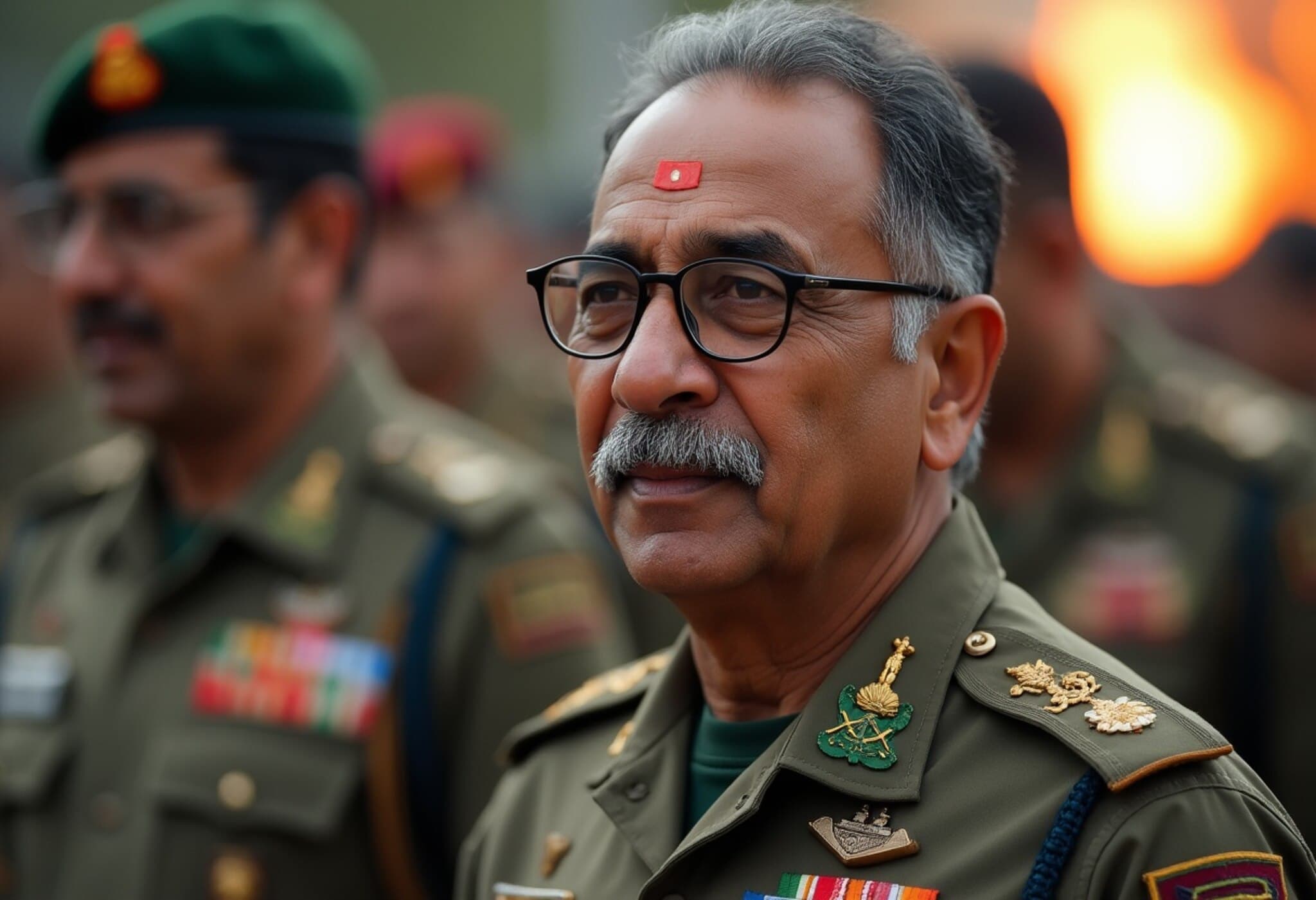Niger Army Executes Precision Airstrike Targeting Boko Haram Leader
In a decisive blow against one of West Africa's deadliest militant groups, the Nigerien military has confirmed the death of Ibrahim Bakoura, a senior Boko Haram commander, following a targeted airstrike conducted on August 15, 2025, in the volatile Lake Chad region. Bakoura, who was in his mid-40s and had been under surveillance for several weeks, was killed alongside dozens of other militants, the army announced in a state television broadcast on August 22.
Understanding Boko Haram's Evolution and Regional Impact
Boko Haram originated in Nigeria in 2009, rallying against Western education and advocating for an extreme interpretation of Islamic law. Over the years, the insurgency has extended its brutal reach beyond Nigeria’s borders into neighboring countries including Niger, Chad, and Cameroon. The United Nations estimates that the conflict has claimed the lives of approximately 35,000 civilians and forced over 2 million people to flee their homes, fueling one of the largest humanitarian crises in the Sahel region.
Complexities in Verifying Militant Deaths and Factional Dynamics
Despite the Nigerien army’s assertion, experts urge caution. Wassim Nasr, a Sahel specialist and senior research fellow at the Soufan Center, highlights that Ibrahim Bakoura has been erroneously reported dead multiple times before. "Given the remote and challenging nature of airstrike operations, government forces often lack the capacity to definitively confirm the deaths of high-profile militants," Nasr explained.
Since the death of Boko Haram’s infamous leader Abubakar Shekau in 2021—whose demise was also previously misreported—the group has fractured into two primary factions. Bakoura ascended as a leader within one faction in 2022. These factions are:
- Islamic State West Africa Province (ISWAP): Supported by the Islamic State, notorious for targeting military forces, ISWAP has successfully overrun Nigerian military positions at least 15 times in 2025 alone, resulting in heavy casualties and weapons seizures.
- Jama’atu Ahlis Sunna Lidda’awati wal-Jihad (JAS): The original Boko Haram faction, which primarily preys on civilians and collaborators, often engaging in kidnappings and ransom-driven robberies.
Regional Security and the Broader Fight Against Insurgency
Bakoura's killing comes amid intensified efforts by West and Central African intelligence agencies to curb the growing influence of jihadist militias. Recent weeks have also seen arrests of top Al-Qaeda-affiliated leaders in Nigeria and the capture of Boko Haram’s founder’s son in Chad, marking a concentrated push against militant networks.
Security researcher Taiwo Hassan from the Institute of Security Studies notes, "The repeated military setbacks inflicted by ISWAP created embarrassment within regional defense forces, with reports of soldiers retreating at the mere sight of advancing militants. These challenges have galvanized a stronger, coordinated military response across affected countries." Hassan emphasizes that while eliminating high-ranking militant figures is a strategic victory, it only translates into lasting security improvements if governments can prevent retaliatory attacks and the regrouping of insurgents elsewhere.
What Lies Ahead for the Sahel?
While this strike represents a tactical success, experts caution that the enduring instability in the Lake Chad basin requires a multifaceted approach, combining military operations with social and economic reforms. The fight against Boko Haram and related jihadist factions poses ongoing challenges for Niger and its neighbors, particularly as militants adapt their tactics and exploit governance gaps.
Editor's Note
The targeted killing of Ibrahim Bakoura signifies a critical juncture in the ongoing struggle against extremist violence in West Africa. However, it also raises important questions about intelligence accuracy and the broader resilience of militant networks. Observers should watch closely whether this development ushers in sustained security gains or sparks retaliatory violence. Ultimately, durable peace in the Sahel depends not only on military victories but on regional cooperation, effective governance, and addressing root causes of radicalization.

